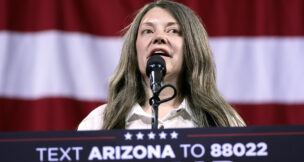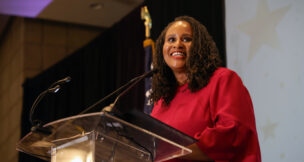Foes of education tax proposal base legal challenge on arithmetic
Howard Fischer, Capitol Media Services//July 24, 2018//
Foes of education tax proposal base legal challenge on arithmetic
Howard Fischer, Capitol Media Services//July 24, 2018//
The fate of whether voters get to decide on an income tax on the wealthy could depend on what math a judge decides is appropriate. A new lawsuit filed Tuesday...













































